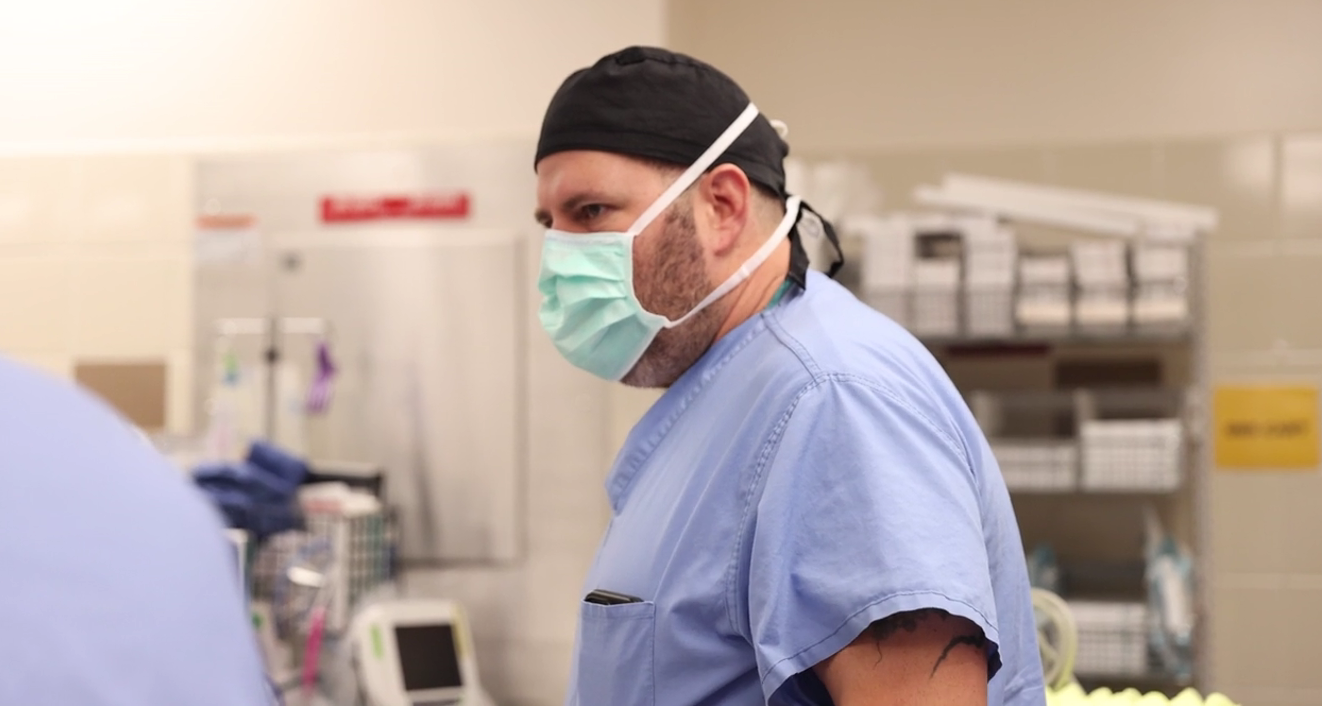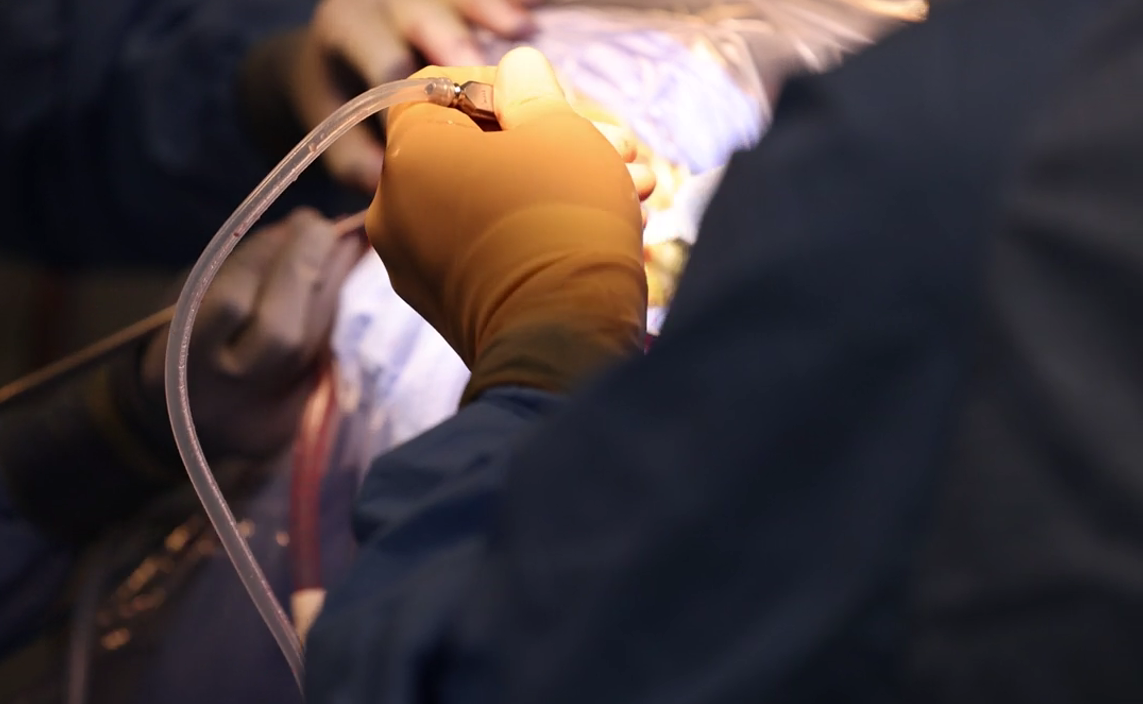Ben Shofty, MD, PhD, stands at the forefront of psychiatric neurosurgery in the Intermountain West as the first to perform awake neurosurgical procedures for patients with obsessive compulsive disorder (OCD) and major depressive disorder (MDD). These innovative procedures are specifically designed for patients who have not responded to or seen improvement using conventional methods.
The first several surgeries have been successfully conducted at the newly formed psychiatric neurosurgical center under Dr. Shofty’s expert guidance. Dr. Shofty’s vision for the program is to enhance the quality of life for individuals experiencing severe, treatment-resistant mental health disorders by informing them of treatment options and making these options available to them.

The suite of surgical options developed for these disorders includes deep brain stimulation (DBS), laser ablation, and vagus nerve stimulation. DBS, a procedure more commonly used to treat movement disorders like Parkinson’s disease, received FDA approval for OCD cases in 2009. The technique involves implantation of a small electrode that delivers targeted electrical currents to modify neuronal activity in areas of the brain involved in compulsive behavior. The electrical current changes the way the neurons fire and can be fine-tuned to provide the maximum amount of relief according to the patient’s needs. The therapy is adjustable, minimally invasive, reversible, and offers tailored relief for patients.
Laser ablation, another approach for the treatment of OCD, uses precise delivery of heat and light to destroy the cells that are causing the symptoms while preserving the surrounding brain tissue. This method, which pre-dates DBS, has shown similar positive outcomes and is used in a subset of patients who cannot undergo DBS surgery.
Vagus nerve stimulation is employed to treat MDD. Similar to DBS, it involves an implantable device that emits mild, pulsed signals that alter neuronal firing patterns and brain functionality associated with depression.
Candidates for these procedures are individuals who have experienced OCD or treatment-resistant depression for at least five years and have undergone all standard treatment options without improvement. The screening process involves a comprehensive evaluation of the patient’s current symptoms and mental health history.
Post-surgical, in-hospital recovery typically lasts a day or two, followed by a few weeks of at-home rest. These therapies extend beyond treatment of symptoms; they enhance patients’ responsiveness to other medications and psychological therapies, facilitating comprehensive treatment approaches that were previously ineffective.

We are proud to offer all three of these procedures at our facility. Dr. Shofty, in collaboration with other faculty members from the Huntsman Mental Health Institute, is spearheading the effort to expand the psychiatric neurosurgery program at the University. Given the concerning state of mental health in Utah—where 33.3% of adults experience depressive disorders compared with a national average of 32.3% (as reported by the US Census Bureau) and 35.9% of adults in Utah who reported symptoms of MDD also reported that they needed but had not received care (compared with 28.2% nationwide)—the introduction of Dr. Shofty’s program marks a significant advancement in our capabilities to treat psychiatric disorders and bring hope to patients.